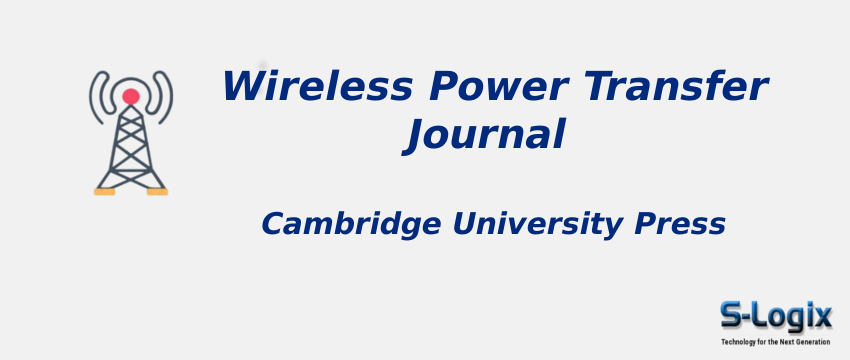Journal Home: Journal Homepage
Editor-in-Chief: Nuno Borges Carvalho
Print ISSN: 2052-8418
Electronic ISSN:
Abstracting and Indexing: Scopus
Imapct Factor :
Subject Area and Category: Computer Science, Computer Networks and Communications, Energy, Energy Engineering and Power Technology, Engineering, Electrical and Electronic Engineering
Publication Frequency:
H Index: 16
Q1:
Q2:
Q3: Computer Networks and Communications
Q4:
Cite Score: 2.2
SNIP: 0.544
Journal Rank(SJR): 0.311
Latest Articles: Latest Articles in Wireless Power Transfer
Guidelines for Authors: Wireless Power Transfer Author Guidelines
Paper Submissions: Paper Submissions in Wireless Power Transfer
Publisher: Cambridge University Press
Country: United Kingdom
